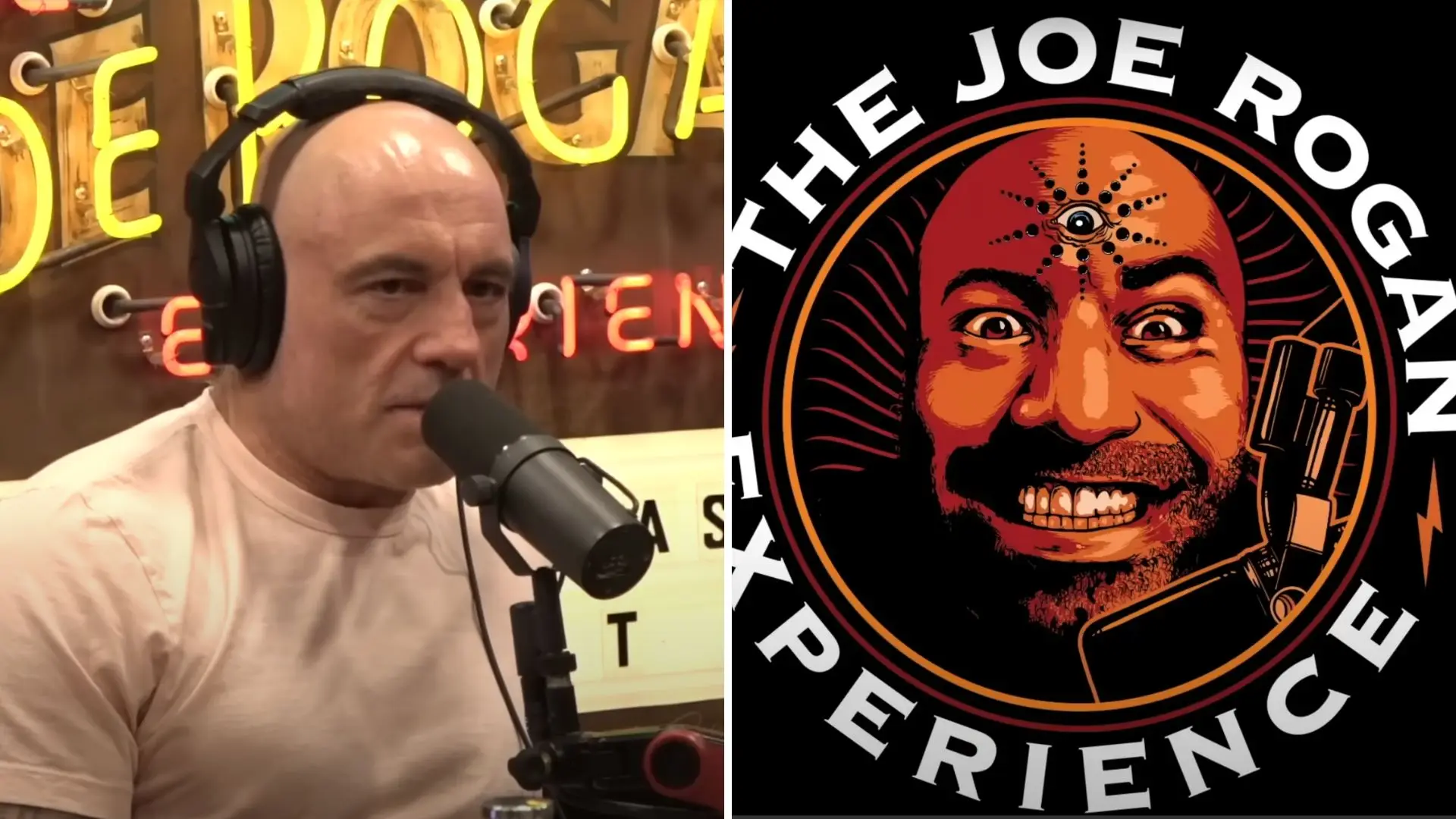
A former guest on Joe Rogan's podcast believes the show is partly responsible for the rise of disinformation online.
American archaeologist Flint Dibble appeared on the Joe Rogan Experience last year to have a live debate with Graham Hancock.
Hancock, the former foreign correspondent for The Economist, is a proponent of a widely discredited pseudo archeological theory that there once existed an advanced Ice Age civilisation that was destroyed in a global cataclysm.
Across a four-and-a-half-hour episode that has been viewed more than six million times on YouTube, Flint debated Hancock and sought to disprove his theory.
And the archaeologist has since reported having mixed feelings about appearing on the show.
Advert
“After doing it, I have started growing an audience interested in hearing about 21st century archaeology,” Dibble told The Times. “On the other hand, I have also been targeted for nonstop trolling from believers of all forms of fake archaeology, from lost civilisations like Atlantis to mysterious aliens or ancient supertechnology.”
Rogan later criticised Dibble in a subsequent episode, saying, "People like Flint just out-and-out lie."
Dibble responded by posting an "open letter" to Rogan on his own YouTube channel.

Rogan began his podcast in 2009 and it has since grown to become one of the biggest and most listened-to shows in the genre, with 19 million YouTube subscribers and averaging more than 11 million downloads per episode.
In 2020, Rogan signed a deal with Spotify worth a reported $100 million, giving the streaming giant exclusive rights to the podcast. And the UFC commentator renewed his Spotify agreement last year for $250 million.
The influence of Rogan and his podcast is such that he is credited with having played a significant role in Donald Trump's re-election as US president after having the politician appear on his show last year and they officially endorsing the Republican candidate.
Flint told The Times he believes Rogan has played a hand in the recent rise of disinformation, in light of Meta scrapping fact-checking measures and Trump's second term in the White House.
“We should expect more misinformation,” he said, “and more attempts by loud conspiracists to cancel experts and scholars in our world.”
